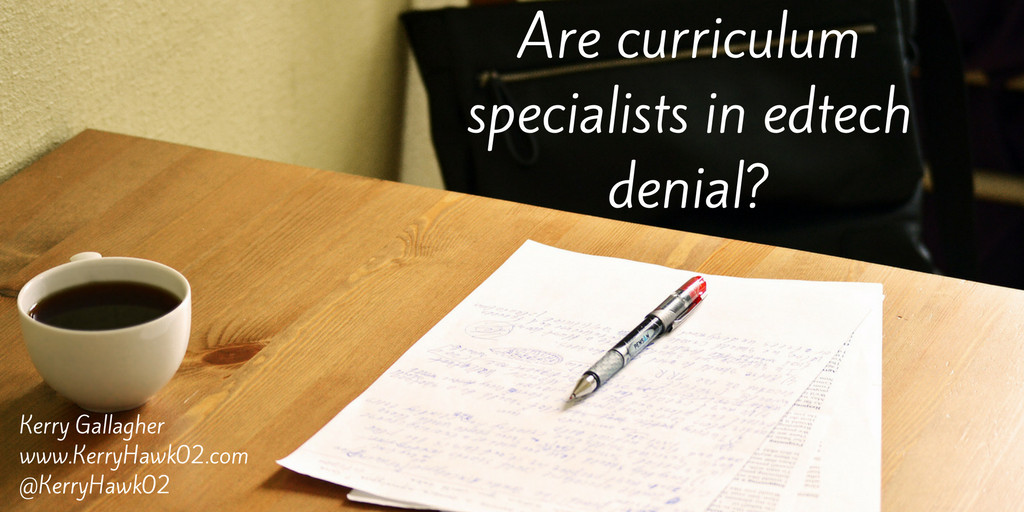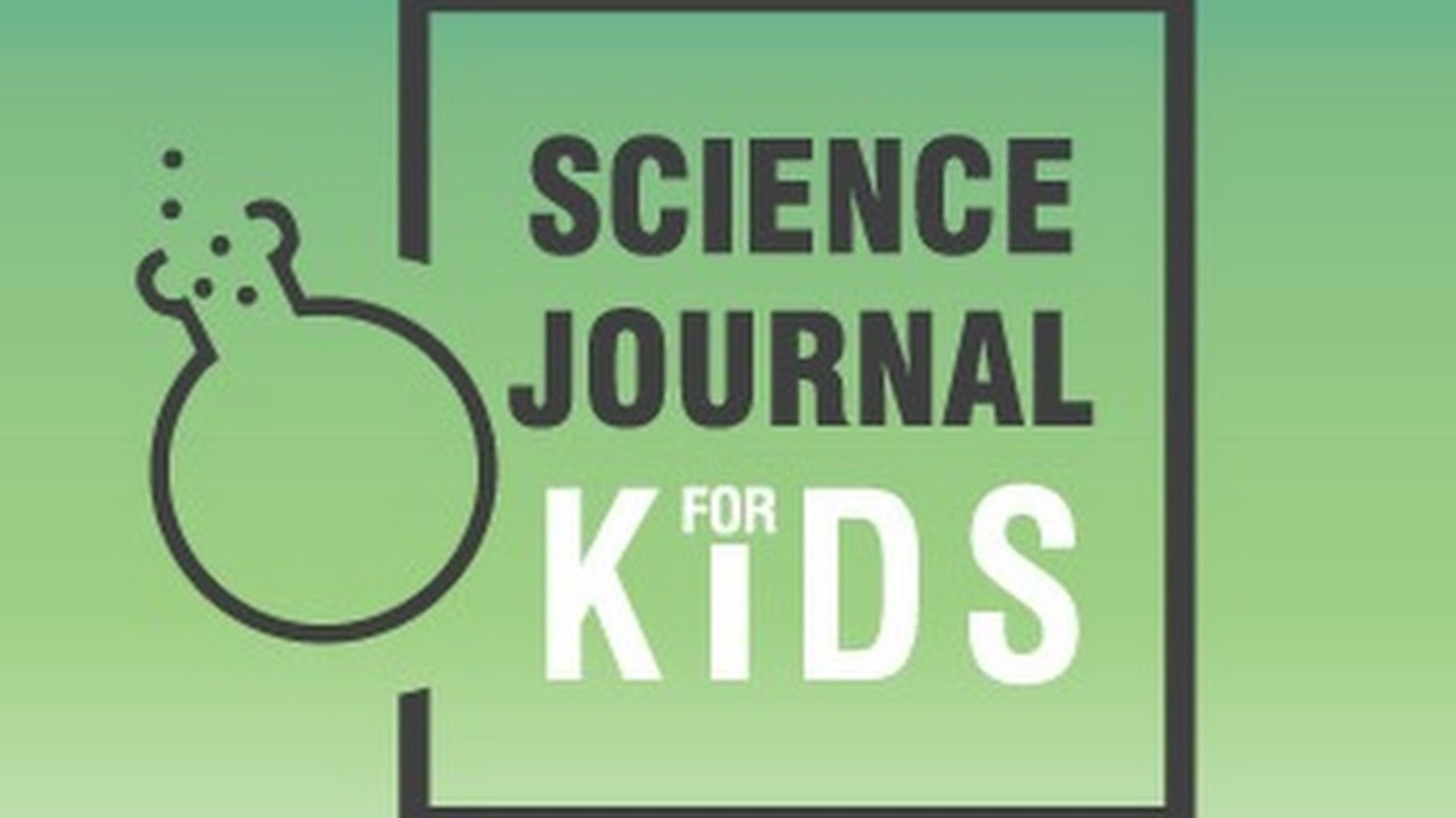Are Curriculum Specialists in Edtech Denial?
As an educator who has built my career during the 21st Century, I've found that my fellow education professionals often classify themselves in one of two categories:
As an educator who has built my career during the 21st Century, I've found that my fellow education professionals often classify themselves in one of two categories:
- Specialize in curriculum (often in one specific subject area)
- Specialize in technology (either as part of IT or integration)
This is a mistake. Curriculum is the what, education technology (aka edtech) is the how. They have to be developed together in order for a student's learning experience to be engaging, effective, and relevant.

Edtech Defined
Recently I was asked to define edtech. Here is how I responded:
"Education technology – or edtech – is the study and practice of effective teaching and learning processes and strategies that incorporate devices, apps, programs, and media. Edtech can be used in traditional classrooms, at home, and as part of learning in almost any setting."
My definition encompasses more than devices and apps. Because we put the word "education" in front of "technology" we are giving the term greater meaning. Education is not made up of tools. Rather, education is made up of research-based, interpersonal, creative instructional practice and the teachers and students who participate in that practice. Teachers who seek to make their instructional practice a best practice in today's world seek to incorporate technology devices, programs, and resources.
While it is appropriate for an educator to specialize in a particular curriculum area – like early childhood, middle level humanities, studio art, or advanced chemistry – it is inappropriate for any of these specialists to brush off edtech as if it is not something needed in their classroom. Effective teaching practice incorporates the tools and skills that students are already using and will need to learn for the future. These include accessing, analyzing, and interpreting digital resources. They also include communicating, creating, and sharing using digital tools and programs.
Tech & Learning Newsletter
Tools and ideas to transform education. Sign up below.
This does not mean that students should not be writing with pencil and paper, reading physical books, creating with materials like scissors, wood, string, glue, and paint. But they should be using edtech seamlessly as they plan, design, organize, analyze, and share their learning with these items.
- Edtech is effective when it allows students to access information, collaborate with others, and create in ways that were previously impossible.
- Edtech is effective when it is use in concert with face-to-face social environments and non-digital resources.
- Edtech is not effective when it is used as a substitute for a great teacher who cares to get to know her students and build positive educational relationships with them.
- Edtech is not effective when a paper worksheet is merely traded for a PDF and and hardcover is merely traded for an ebook.
Often educators enter the classroom with a passion for their subject matter specialty and for working with children. The most effective educators constantly seek to learn more about their subject matter AND about how to best teach the children they serve. Edtech must be a part of that professional learning and a part of every classroom.
Kerry Gallagher is the Assistant Principal for Teaching and Learning at St. John’s Prep in Danvers, Massachusetts. She’s also the Director of K-12 Education for ConnectSafely.org – internet safety non-profit in Palo Alto, California – a FutureReady Instructional Coach, ASCD Emerging Leader, and EdSurge Columnist. She served as a middle & high school teacher and digital learning specialist for over 15 years, and her passions include digital citizenship and effective integration of curriculum, pedagogy, and edtech. Kerry is a TEDx & keynote speaker and a lawyer by training. She is on social media @KerryHawk02 and her website is www.KerryHawk02.com
